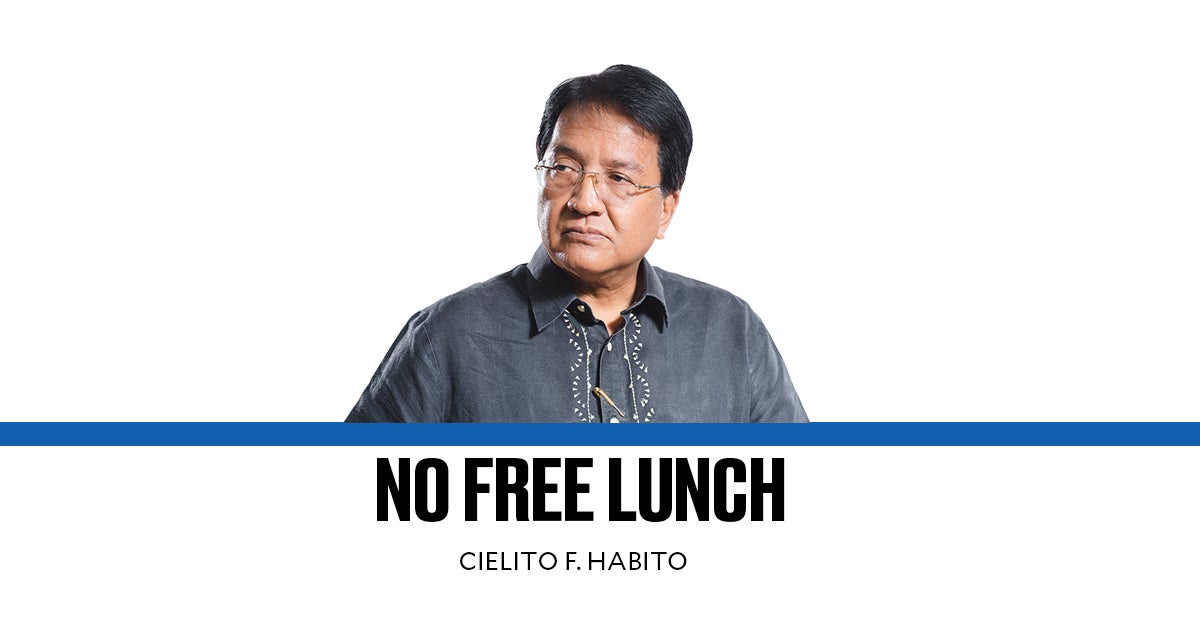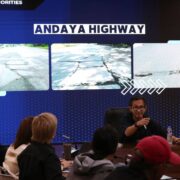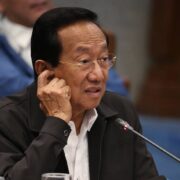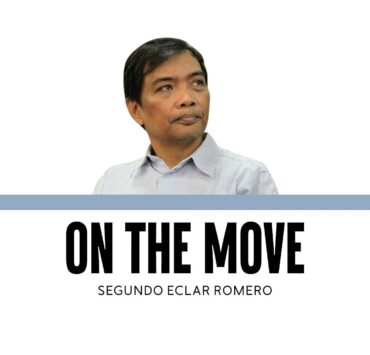Much more than flood control

Flood control projects (FCPs), whether ghost or existent, but watered down (pun intended), are today’s “flavor of the month,” the main focus in the ongoing probe into massive graft and corruption in our government. But we all know there’s far more than that, even just within the Department of Public Works and Highways (DPWH), but now also dubbed “Daming Pera, Walang Hirap,” “Dito Puro Walang Hiya,” and other amusing epithets, we, Pinoys are so good at coining. We must also unearth and expose the massive theft of taxpayer money that has long been going on elsewhere in the public sector.
We’re all hoping that the current focus on FCPs paves the way for a much more wide-ranging exposure of graft and corruption in the entire government at all levels. Given the likely extent of such thievery, it could take years to probe, identify, and bring the guilty to justice. And while regular hearings in both houses of Congress transfix many of us to our smart devices daily, there are at least three reasons why Congress should not be leading the probe as it’s doing now.
One, everyone believes that many of the guilty are also in those very committees doing the probing. Two, experience has shown that Congress has a short attention span for hot issues that come and go, making it unlikely that they can bring about the wide, if not total, cleansing deserved by our taxpaying public. Three, we cannot afford to lose so much precious legislative time of the 20th Congress to these supposed “hearings in aid of legislation,” when dubious political ends appear to motivate some of those asking the questions. Indeed, some of them must answer questions themselves. Hence, it would be best to leave it to the new Independent Commission on Infrastructure (ICI) to conduct the investigation sans lawmakers’ political grandstanding and quiet maneuvering, which would only cast doubt on the outcome of the probe.
While more secrets have yet to be revealed in the FCP probe, it’s time to pay attention to other graft-prone projects and other agencies beyond the DPWH as well, so that evidence gathering may commence before the perpetrators find ways to hide or destroy it. Department of Agriculture Secretary Francisco Tiu-Laurel, for his part, has announced a “sweeping audit” of farm-to-market road (FMR) projects covering 2021-2025 to examine and resolve possible irregularities therein. While the DA identifies and validates where such projects are needed, it’s the DPWH that commissions, bids out, and constructs these roads. Long tagged by critics as “farm-to-pocket roads,” FMRs seem widely accepted to be traditionally prone to the same corrupt practices linked to FCPs, lining the pockets of corrupt politicians, DPWH, DA, and LGU officials and contractors. Over the years, audit reports and stories abound of FMRs built merely on paper. A project in the north was joked to be the “longest road in the country” because funds kept being allocated to it year after year, but it was never completed. We hear of Metro Manila lawmakers who manage to obtain allocations for imagined FMRs despite the outright absence of any significant farming in their districts. Still, in other cases, the funds are diverted to anything but a road. While fraudulent FCPs make our people suffer the effects of persistent flooding, spurious FMRs help keep our farmers persistently poor. The pain of the lowly is the gain of the greedy.
Where else should an honest-to-goodness anti-corruption probe look? Corruption at various scales seems to be all over the government and well beyond infrastructure. The usual suspects include the Bureau of Customs (for bribery, undervaluation of imports, and facilitation of illicit trade); Bureau of Internal Revenue (arbitrary tax assessments and associated extortion and bribe solicitation); Department of Health and PhilHealth (false reimbursements, hospital claims, and Pharmally-style medical procurement); Department of Education (ghost students and teachers, spurious procurement and distribution of laptops, equipment, textbooks, and supplies); Armed Forces of the Philippines and Philippine National Police (irregular procurement of equipment, ghost personnel, and large discretionary funds); Department of Social Welfare and Development (political intervention in beneficiary listing and distribution of cash aid, ghost beneficiaries); Register of Deeds and other licensing or regulatory offices (rampant extortion and bribe solicitation); and many more, including in various local government projects and transactions.
If President Marcos is truly sincere and serious about fighting corruption, he must create and empower an independent body with wider coverage and stronger teeth. The ICI is a good start, but as the late former Health secretary Johnny Flavier would have joked, it’s only “the tip of the ice cream.”





















Anchoring UHC for the next generation